Shajarian (Siyavush Bidikani)
Shajariyan, Muhammad Riza (1940-)
Vocalist performing Persian classical avaz and one of the most famous Persian classical music vocalists from 1975 onward. He was born into a strict religious family in Mashhad and learned Qur’anic recitation from his father. His familiarized himself with music from 1956 through listening to the Gulha, particularly Gulha-yi Javidan, Programs. He made the acquaintance of Riza Varzandih at the artistic circle of Sayyid Mahmud Farrukh Khurasani (poet and literary figure) and following a brief acquaintance with music and musicians in Mashhad, he departed for Tehran and pursued his administrative (teaching) profession.
Shajariyan met with Davud Pirniya when the latter, appreciating his talent, was spending his last year at the radio. Shajariyan further studied with different masters including Isma'il Mihrtash, Asghar Bahari, Riza Varzandih, and particularly Nur'ali Burumand. He performed the vocals in the Golha under the name of Siyavush Bidkani till 1971, under the name of Siyavush till 1980, and under his own name, Muhammad Riza Shajariyan thereafter and numerous recordings were made of his performances on radio and television programs. His florescence was in the years before 1979 consequent to accompanying a number of the most prominent composers, like Faramarz Payvar, Hasan Yusufzamani, Mustafa Kasravi, Firiydun Shahbaziyan, Farhad Fakhriddini, Muhammad Riza Lutfi, and Mujtaba Mirzadih, and eminent soloists, e.g. Jalil Shahnaz, Javad Ma'rufi, Asghar Bahari, Riza Varzahdih, Farhang Sharif, Hasan Kasa'i, Ahmad 'Ibadi, Muhammad Riza Lutfi, and Nasir Farhangfar. His performances at Shiraz Art Festival, one of the greatest art festivals of the year, made significant contributions to his recognition. His permanent performances on the Gulha, particularly Gulha-yi Tazih, Programs were under the patronage of Hushang Ibtihaj and mostly under the supervision of Muhammad Riza Lutfi.
Following the Revolution when the scene was further set for certain domains of Persian music, he found the favorable ground for his growth and along with prominent composers and soloists like Parviz Mishkatiyan and Muhammad Musavi, started an encompassing series of activities holding concerts and producing cassettes and CDs albums and such voluminous productions led to his recognition as the greatest vocalist of the time performing Persian avaz. His unrivaled abilities in the techniques of avaz, familiarity with the material, refined taste, vast knowledge of the performance styles of earlier and later masters, profound knowledge of Persian classical literature, rich experience in recognizing the ever changing conditions of the Iranian society and Persian speakers in Iran and abroad, and his strong management skills in all the media and production domains of his art has made him an unparalleled figure representing and serving as the criterion for Persian classical vocalists in the last thirty years.
Some of his most memorable works include:
Naz-i liyli, accompanied by Faramarz Payvar's Ensemble, 1352/1974
Mubtala, accompanied by Yusuf Zamani's Orchestra, 1354/1976
Piygham-i Ahl-i Raz, accompanied by Faramarz Payvar's Ensemble, 1358/1980
Bidad, accompanied by 'Arif Ensemble conducted by Parviz Mishkatiyan, 1362/1984
Chand Surud-i Inqilabi, accompanied by Shiyda Ensemble conducted by Muhammad Riza Lutfi, 1358/1980
Dastan, accompanied by 'Arif Ensemble conducted by Parviz Mishkatiyan, 1367/1988
Dilshudigan, feature film music, conducted by Husiyn 'Alizadih, 1371/1992
Tens of other albums produced in Iran and abroad
Sayyid 'Alireza Mir'alinaqi

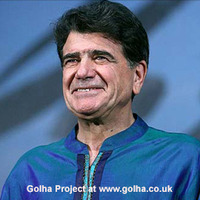
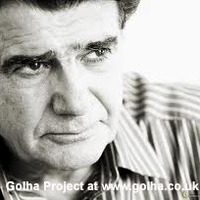
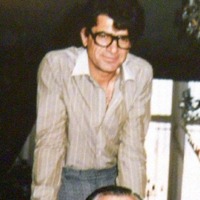

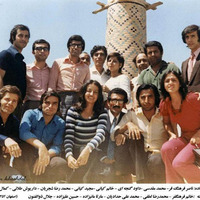
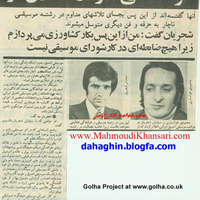
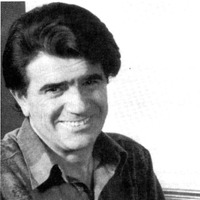
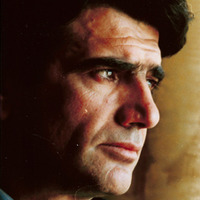
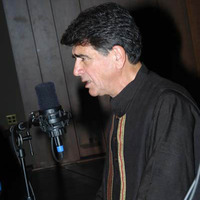
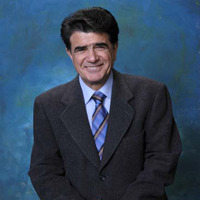
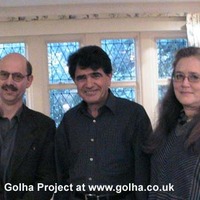
 In association with The Iran Heritage Foundation © All rights reserved 2025. Jane Lewisohn | Website by
In association with The Iran Heritage Foundation © All rights reserved 2025. Jane Lewisohn | Website by